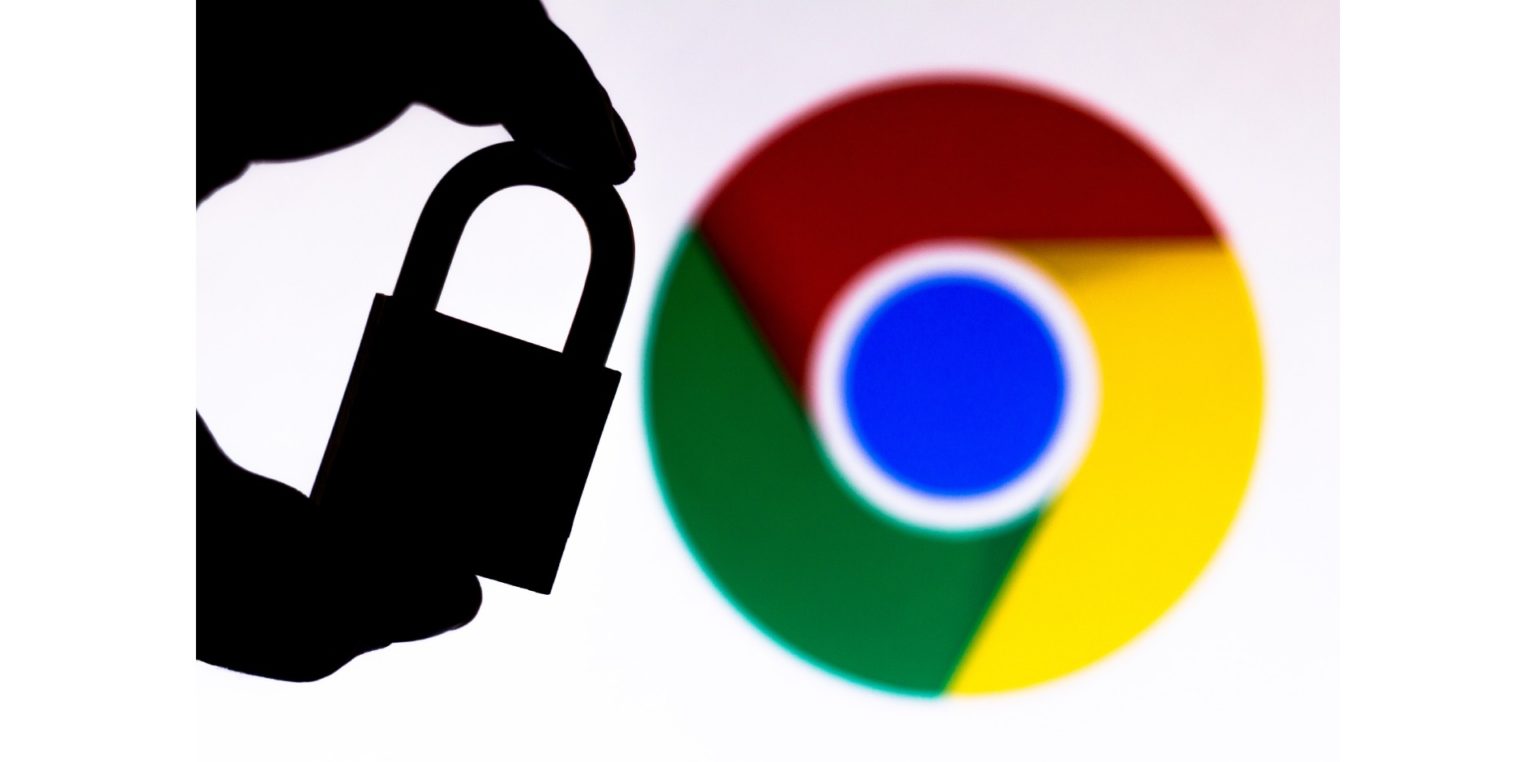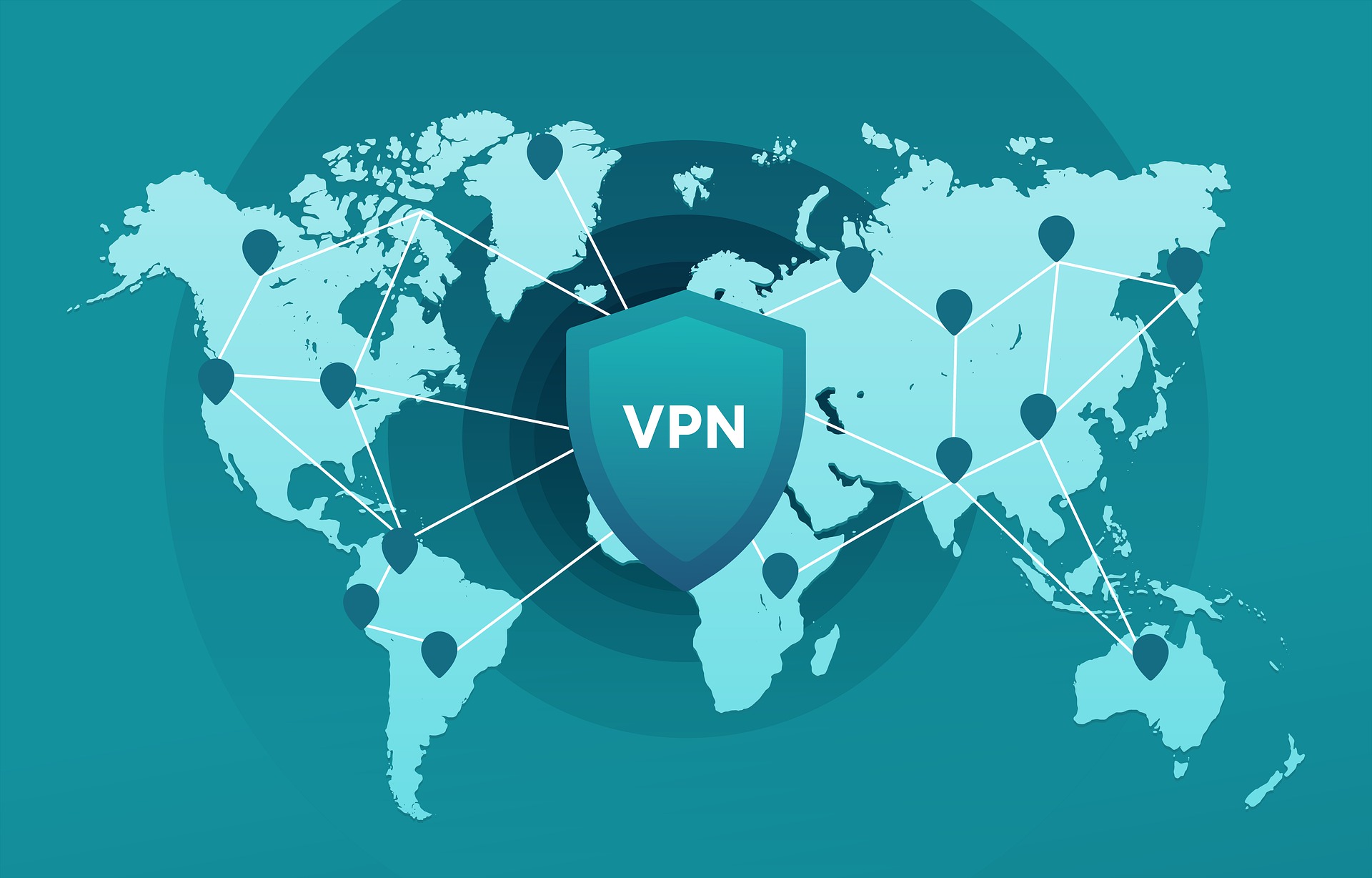To help ensure the integrity of the Play Store, Google has announced some changes to Google Play Store developer policies. One of the most important is that first-party apps on the Play Store will now list under the developer’s name. This is an important step in ensuring that developers aren’t trying to deceive users by falsely implying that they’re affiliated with a different company or app.
Starting August 31st, apps will no longer be able to impersonate another developer/company nor can an app falsely imply that it’s related to something else. Google gives the example of the RSS News Aggregator app created by Google Developer. This is an impersonator because first-party apps on the Play Store are listed under Google LLC. The developers were trying to use Google’s name to sell their product.
![]()
When one is watching a video on YouTube, they don’t want to be interrupted by an ad. That’s why our favourite videos are full-screen. But unfortunately, now that’s changing.
Starting September 30th, ads will no longer be allowed to pop up randomly in the middle of a video. Instead, they’ll be displayed in an interstitial format when the viewer is scrolling through their feed or playing a game.
And when ads do appear, they must be closeable after 15 seconds. That way one can continue watching without being interrupted by any annoying 30-second unskippable ads.

Finally, developers must make it clear how to manage or cancel a subscription service. This means apps won’t be able to hide cancellation processes in labyrinthian menus anymore—they’ll just have one simple button instead of five different options for cancelling one’s subscription!
Google has been tightening the rules on virtual private networks (VPNs). This is a program that hides one’s IP address, so one can access online content from anywhere in the world.
On November 1, Google will be restricting VPNService to only be used for parental control and security apps. And on July 31, 2023, Google will be restricting Exact Alarm Permission so it can only be used on alarm and calendar apps. According to Mishaal Rahman, Senior Technical Editor for Esper, this restriction will also improve battery life. He explains that if too many apps schedule alarms at different times, it can quickly drain the phone’s battery. By prioritizing apps where the main function is to be an alarm, it will solve this conflict.

Google has been updating its various policies to combat misinformation, making sure that everything in the app is appropriate for the public. Numerous changes have been incorporated into Google play, most of which the public has no idea about.
The description and screenshots advertised of the app must be an exact depiction of its purpose. Titles and details must not be misleading. Developers are not allowed to promote puzzle games with images with action sequences in them. The app’s rating controls the ads of an app. For mature apps, ads cannot be situated in a video targeted toward teenagers. Any kind of medical misinformation can be harmful to the public and the company propagating it (which includes vaccination claims and illegal retail of prescription drugs).
It’s a bit nerve-wracking that google is implementing these important rules and restrictions this late, but better late than never. Play Store does climb a few notches with these in our books.
For more such updates, keep reading techinnews



